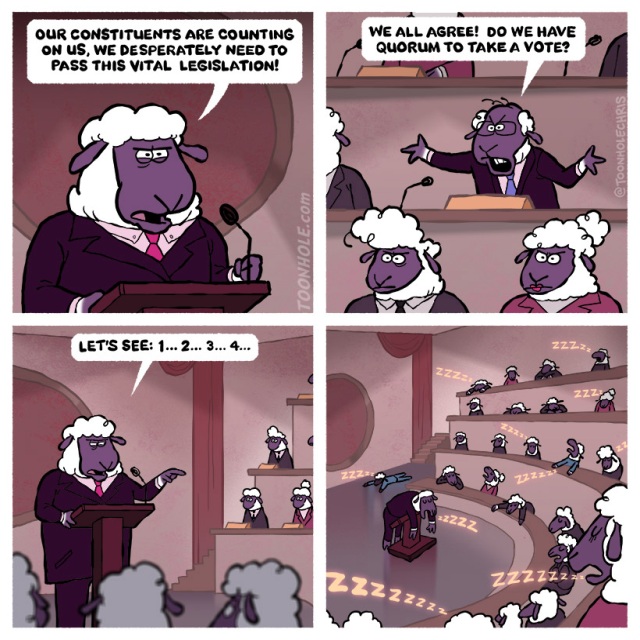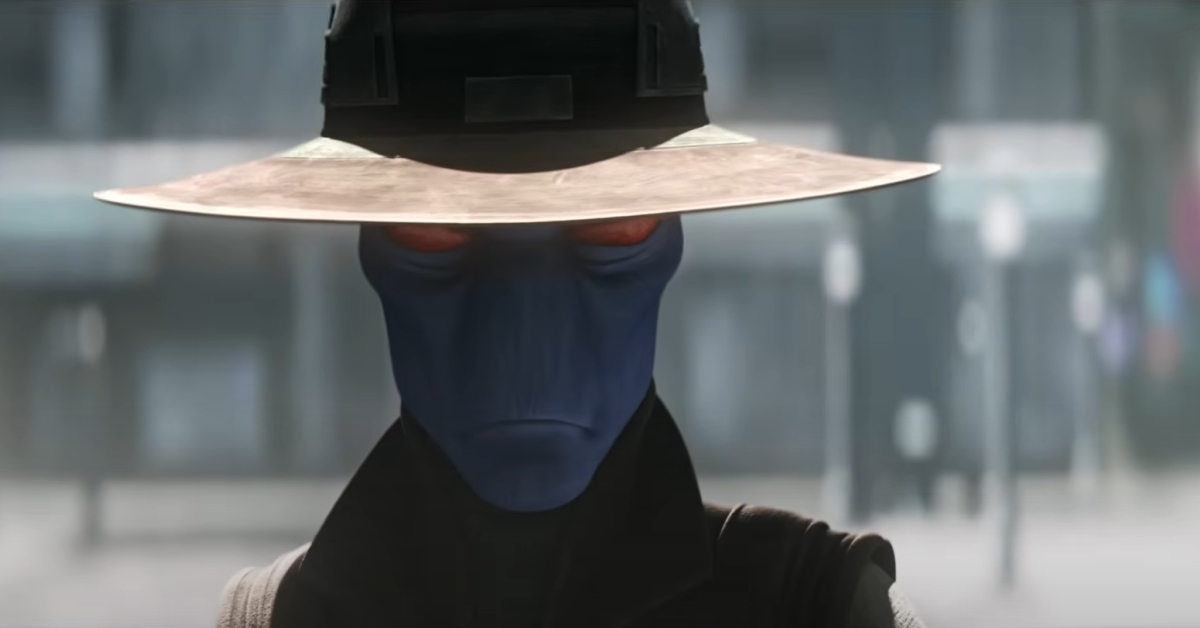The world is in danger. Crime is on the rise. And only one man has the absurdly specific skill set required to handle it… badly. Liam Neeson steps into the bumbling, oblivious, and dangerously destructive shoes of Lt. Frank Drebin Jr. in… The Naked Gun!
Directed by Akiva Schaffer (Popstar: Never Stop Never Stopping) and produced by Seth MacFarlane (Ted, Family Guy), this reboot promises to bring back the chaos, the gags, and the sheer commitment to not understanding how doors work. Also starring Pamela Anderson, Paul Walter Hauser, CCH Pounder, Kevin Durand, Cody Rhodes, Liza Koshy, Eddie Yu, and Danny Huston — because every great crime investigation needs at least one wrestler and a social media star.
Mark your calendars, sharpen your banana peels, and prepare for disaster: The Naked Gun crashes into theaters August 1st!








